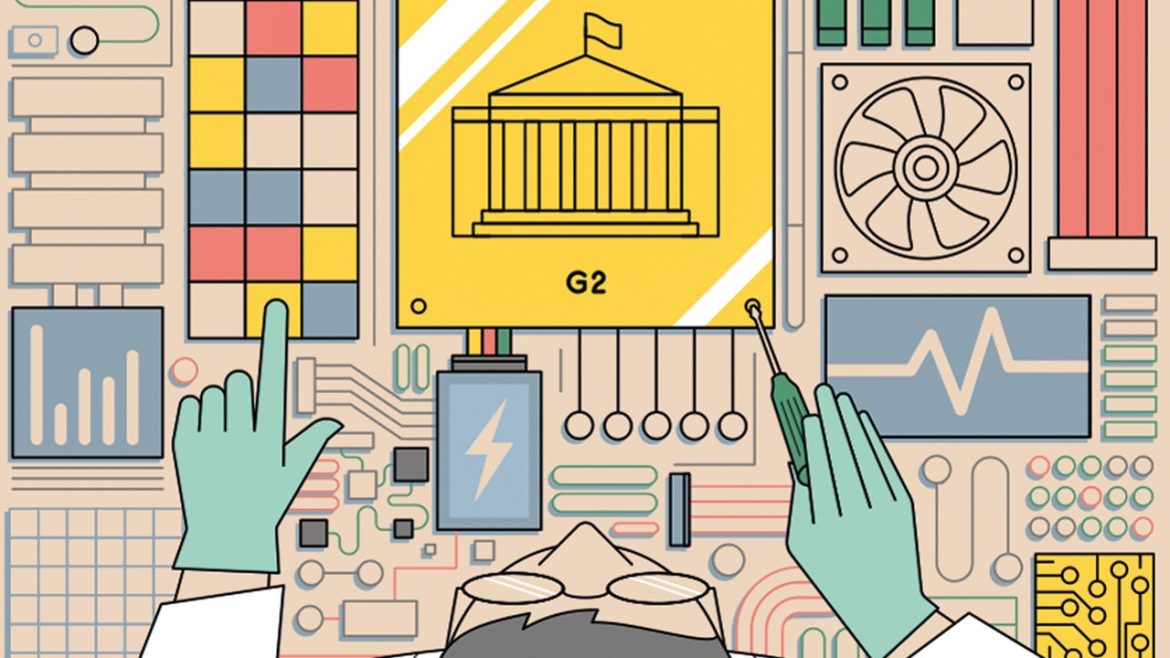Governments Around the World Embrace Technology in 2022
The Covid-19 pandemic has forced countries around the world to rethink the way they deliver government services to citizens. In 2022, both developed and developing countries will take this a step further and embrace blockchain and artificial intelligence (AI) to streamline operations, reduce bureaucratic bottlenecks, and optimize services.
A Clear Need for Transformation
The pandemic has highlighted the potential of data and technology to transform governance. Citizens are now demanding that governments expand this data-driven approach to non-pandemic related activities and develop intuitive and user-friendly technology to provide transparent, decentralised, and participatory systems that touch all areas of civic life.
Examples of Progress
The UK’s Build Back Better strategy plans to use regulation to unlock technologies such as drones and autonomous vehicles to deliver sophisticated policymaking that benefits citizens and the economy. South Africa has seen the rapid adoption of intelligent instant-messaging platforms such as GovChat and Grassroot to improve remote government-citizen engagements and meet increasing demands for accountability. Other governments in Africa and elsewhere are expected to follow suit in 2022.
Challenges and Opportunities
Moving towards a more technology-driven approach will not be easy for many countries. It will require an audit of legacy infrastructure, the expansion of cloud-computing facilities, and the retraining of civil servants. Recruiting data scientists and AI and cloud-computing experts will also be essential for policy leaders to realize the benefits of data-led government.
Potential Solutions
Developing countries can look to adopt technologies already used in the developed world. AI and machine learning, for example, can be used to fight public-sector corruption by spotting suspect patterns, especially in countries with weak institutions. Blockchain will replace inefficient centralised systems with more secure platforms that enable decentralised registers. Additionally, governments will start to use digital identity and smart recognition systems to predict crime and use intelligent analytics to resolve them.
The Benefits of Digitisation
All of these advancements will make governance more efficient, but the biggest benefit will be the deeper trust citizens have in their governments as they see services being provided in a more secure, efficient, and predictable manner.
Conclusion
There are many challenges to overcome before countries can become truly digital and transparent, but in 2022, all governments will see that digitization is not only possible but also essential for their citizens to thrive. The move towards a more technology-driven approach to governance will undoubtedly shape the way governments serve their citizens in the years to come.

I have been featured in numerous publications, both online and offline, and am a regular speaker at industry events. I am also the founder of Crypto University, an online educational platform that helps people learn about cryptocurrencies and blockchain technology. In addition to my writing and teaching career, I am also an active investor in the cryptocurrency space. I have made investments in some of the leading projects in the space, and my portfolio has outperformed the market by a wide margin
